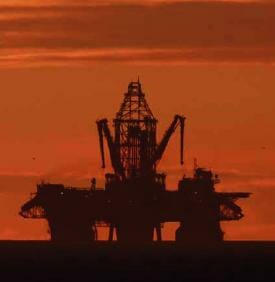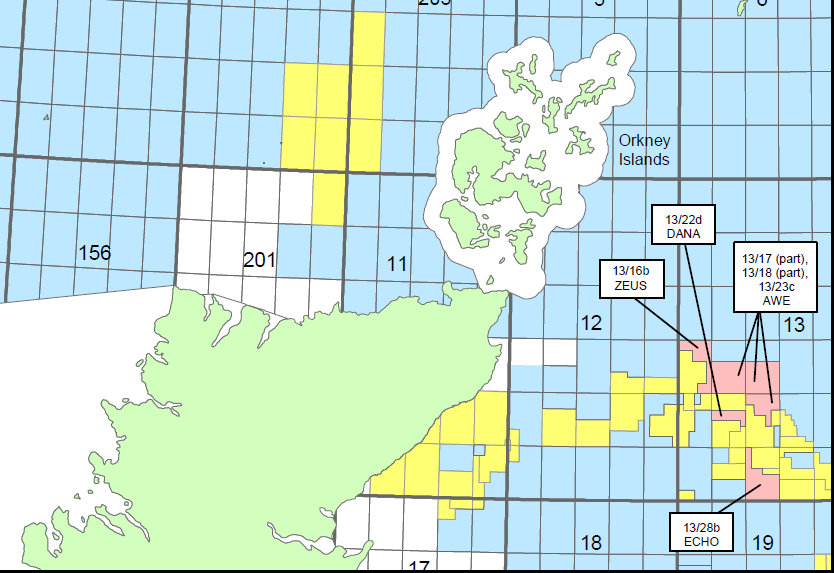 From BBC News last night:
From BBC News last night:
Oil giant Royal Dutch Shell has said it is working to stop a leak at one of its North Sea oil platforms.
The leak was found near the Gannet Alpha platform, 180 km (113 miles) from Aberdeen, Scotland.
The company would not say how much oil may have been spilt so far, though it said it had “stemmed the leak significantly”.
One of the wells at the Gannet oilfield has been closed, but the company would not say if production was reduced.
The company says it has sent a clean-up vessel to the location and has a plane monitoring the surface.
The leak was found in a flow line connecting an oil well to the platform.
‘Finite amount’
Shell confirmed the leak was continuing but said it was being reduced and was “not a significant spill”.
The UK Department of Energy and Climate Change said it was in contact with Shell and investigating the incident in the usual way.
The department’s spokesman added that it understood from Shell that there was a “finite amount of oil that can be dispersed” but stressed that regulators were taking the leak seriously.
While industry and government downplay the size of the oil spill, this is only the latest in a string of pollution incidents, some major, from this oil rig. The Wall Street Journal confirmed:
The platform had 10 leak incidents in 2009 and 2010, according to an HSE document showing voluntarily declared spills.
PLATFORM’s Ben Amunwa said:
Shell has been rated as one of the worst company’s for safety in the North Sea. This latest oil spill, days after the UN issued a damning report on Shell’s sub-standard practices in Nigeria, is further evidence of serious flaws in its safety culture. Gannet Alpha, at over 18 years old, is now notoriously leaky, much like over half of the oil platforms in the UK North Sea that are now beyond their ‘design-life’. Regulators should be highly concerned about the inherent risks of offshore oil activities, ageing infrastructure and expanding operations in the UK Continental Shelf. These trends increase the risks of daily oil spills to unacceptable levels.
The BBC report also heard from Friends of the Earth Scotland:
“Any spill, however small, should serve as a warning sign and encourage us to look to a clean, renewable energy future, rather than continuing to invest in dirty oil,” said Juliet Swann, head of campaigns at the environmental group.
The field is co-owned by Esso, a subsidiary of US oil firm Exxon but operated by Shell.
PLATFORM’s report on the dire state of oil drilling in the North Sea can be accessed here.
